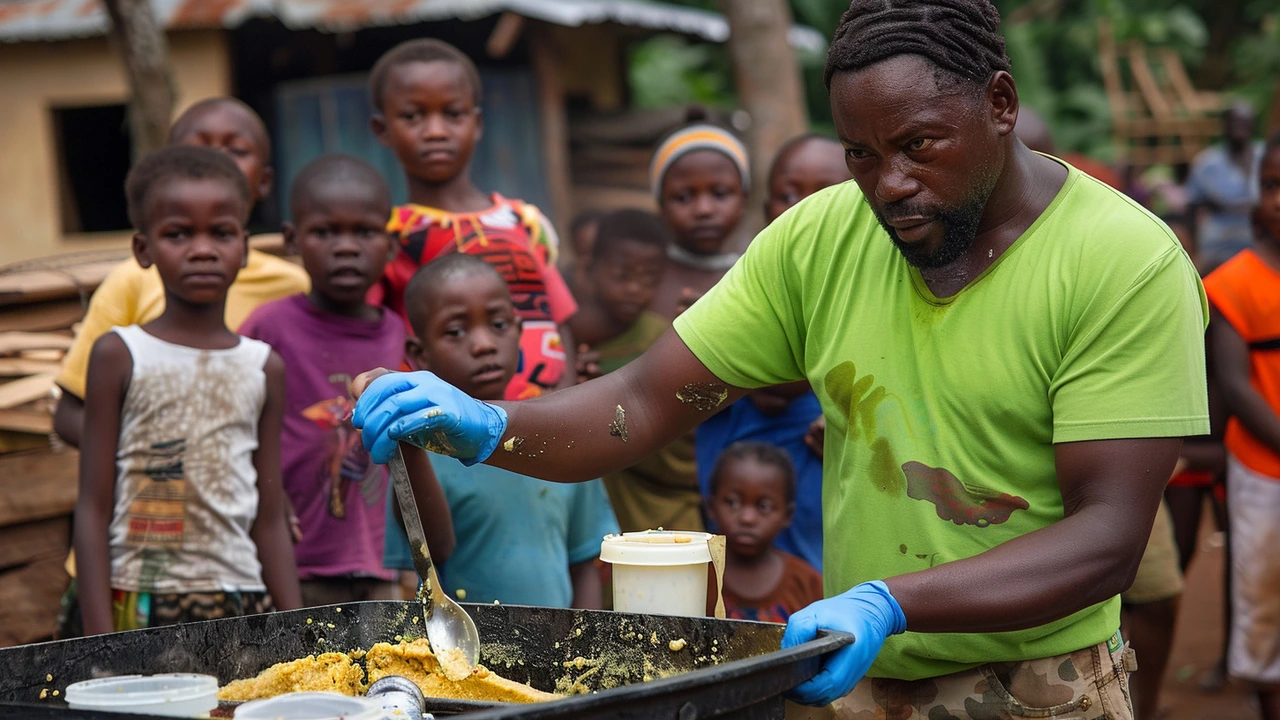Displaced Children: What You Need to Know
Displaced children are those forced to leave their homes due to conflicts, natural disasters, or other crises. They often face uncertainty, danger, and the loss of stability. In South Africa and many other places, these kids need care, protection, and a safe space to grow.
Why does displacement happen? Wars, political unrest, and environmental changes push families to flee for safety. Sometimes, children are separated from their parents, leaving them even more vulnerable. These kids often end up in refugee camps or informal settlements, where access to basic necessities can be scarce.
The Hardships Displaced Children Face
Displaced children are at higher risk of missing out on school, facing health problems, and suffering from trauma. Without proper support, their development and future opportunities can be seriously affected. Many experience emotional stress, losing a sense of normal life and community.
Safety is a huge concern. These kids might fall prey to exploitation or neglect. That's why organizations and governments work to provide protection, education, and health services tailored to their needs. Efforts include family reunification programs and psychological support to help them heal.
How You Can Help
If this topic touches you, there are ways to make a difference. Supporting charities focused on displaced children, raising awareness, and volunteering in local communities can help protect these vulnerable young people. Every bit of help counts in giving them a chance at a stable and hopeful future.
Understanding displaced children's struggles is the first step to joining the effort to improve their lives. Knowing where they come from and what they face helps us be more compassionate and active in supporting their rights and well-being.
Haiti's Children Displaced by Escalating Gang Violence, UN Reports
UN reports reveal that gang violence in Haiti has uprooted over 300,000 children since March. With children's safety at risk and basic necessities scarce, the crisis is deepening. UNICEF calls for global aid, while the arrival of Kenyan forces offers a glimmer of hope amid fears of a harsh hurricane season.
Read More
